In September of 2009, within a span of 10 days, the American comics industry underwent a shocking and rapid upheaval: It was announced that Disney was buying Marvel on August 31, 2009. And a few days later, DC restructured, with long time president Paul Levitz stepping down and Diane Nelson taking over. It was a stunning turn of events and unfolded at the Beat over the next few years under the hashtag “10 Days That Shook The World”. Since then I’ve used the hashtag for particularly consequential turns in business and events, such as last year’s Diamond shutdown, which was really a “Two Months That Shook The World” event on its own.
The big news of the last two weeks — comics creators moving to Substack and DC and Webtoon teaming up — aren’t as momentous as that 10-day period 14 years ago. But these deals — and the reaction to them — show a stark evolution of the comics industry, specifically in how creators approach career making and how segmented the industry has become.
The Substack deal has pretty much been talked to death at this point, although I would recommend David Harper’s paywalled analysis — and the key point that getting comics as some kind of PDF attachment to a newsletter isn’t necessarily a satisfactory experience. Also (sorry for the quote, David – everyone go pay your $5!)
In talking with creators over the years, many end up at certain creator-owned houses not because they need the editorial support or they’re thrilled to give up rights to their books. Instead, it’s simply because they cannot afford to pay their creative partners a fair rate on their own, and they don’t want to hang the artists and colorists and letterers they work with out to dry in the short-term so they might strike it rich down the line.
For those that partner with Substack in this grant program, though, they can have their cake and eat it too, with the rights being maintained while being able to pay their creative partners fair rates. In theory – in theory – this raises the ceiling and the floor of the creator-owned game, giving creative teams rates they can live off in the near-term while still holding onto the lottery ticket that is the intellectual property they created.
In the simplest terms, from my vantage point, what the Substack deal really means is that finally someone decided to throw unlimited VC money at comics creators as part of their strategy. Substack’s co-founder Hamish McKenzie couldn’t have been more blunt: “We’re betting on comics creators.” According to a now-deleted Rob Liefeld tweet, the amount bet could be as much as $600,000, which is a lot for comics, but kind of a drop in the bucket for tech startups. While the deal may have been for only the best known white male comics creators with strong DM followings, it was enough to make them ditch their Marvel and DC gigs, normally the gold standard for making a living in comics. But remember, all of the pioneer Substackers – Hickman, Tynion, Snyder, Ostertag et al – already have tasted other channels of comics income besides a Big Two career. This is just an accelerant for the train out of Metropolis.
Ultimately, the Substack deal is significant because it shows that creators have more choices than they ever did in a clear and unequivocal fashion that even periodical comics readers could understand. But make no mistake – people were already making a lot of money in the comics field, just not where you expected.
If you want a six-figure income in comics, the surest way for the last couple of years has been to get an agent for your YA/middle grade graphic novel. Six-figure deals from auctions have been commonplace in that field for a while, but you don’t really see the comics punditocracy talking about it much because the creators are part of a different segment of the book publishing world — and working on their own IP about friendship and squirrels who bake, not Batman.
Speaking of the punditocracy, the reaction over the last few weeks has been quite telling. The Substack deal set off a ton of commentary and criticism from Comics Twitter. The first worry, of course, was Substack’s questionable record of supporting bigotry, best expressed in a Twitter thread from Cheryl Lynn Eaton. This is of great concern, and opens the entire endeavor to ongoing scrutiny — and it put the entire Substack Comics deal under a mostly negative light for many in the community.
The same was not true on Monday when the team-up between DC and Webtoon was announced. Comics Twitter practically came parading out on their front lawns to toss their hats in the air with joy over the news.
But the webcomics community was not as sanguine — in fact they were just as dubious about the DC/Webtoon pact as the other side was about Substack. David Harper had unintentionally foretold this, actually, a week earlier:
Honestly, if this deal reminds me of anything, it brings to mind the appeal of mobile comics giant Webtoon, and how their Originals deal works. When you’re someone like Rachel Smythe, you sign a deal with Webtoon where they pay you a handsome rate to publish Lore Olympus through their platform exclusively for x amount of time – the length of time depends on the deal, of course – but once you’re outside that window, you can publish an absolute brick of a book via Penguin Random House. If not that, you can develop a print release at some other publisher, you can crowdfund your own version via Kickstarter, or whatever route you prefer. You can do anything! Or you can do nothing. It’s up to you. Oh, and you maintain all the rights to your project, if you desire turning it into a movie or a show or whatever. The only requirement is you must publish so many screens or episodes a week or month or however long. That’s it.
But not it was Webcomics Twitter’s turn to be unsettled! They were concerned that Big IP was invading a space usually reserved for independent voices, as this thread from BEST-SELLING Babysitters Club cartoonist Gale Galligan shows:
my spicy takes on the dc/webtoon news are unsurprising:
1) the pay and schedules had better be great
2) i hope the creative teams’ credits are front and center
3) i hope this doesn’t further muddy readers’ expectations of how often webtoons should update / how fancy they are— 🐰 gale galligan 🐰 (@robochai) August 17, 2021
They wrote:
my spicy takes on the dc/webtoon news are unsurprising:
1) the pay and schedules had better be great
2) i hope the creative teams’ credits are front and center
3) i hope this doesn’t further muddy readers’ expectations of how often webtoons should update / how fancy they are
4) on the optimistic side – accessible comics, trying new modes of outreach, hopefully getting new people into webcomics, new avenue of income for vertical cartoonists? maybe???
it doesn’t have to be all bad! i just hope there’s some creative direction here and it doesn’t end up feeling like “big corp has hopped onto kickstarter with the indies”
basically go full afterlife with archie or go home
Ariel Reis, creator of the very successful webcomic Witchy (which is also a successful print comic) also had doubts:
feeling extremely dour about the push to corporatize webcomics lately…feel like mainstream publishers entering the scene + the sweatshop nature of a lot of webtoon-type services will just push weird, beautiful niche passion projects even further into the margins
— Ariel "Buy Witchy" Ries (@cousineggplant) August 17, 2021
They wrote:
Feeling extremely dour about the push to corporatize webcomics lately…feel like mainstream publishers entering the scene + the sweatshop nature of a lot of webtoon-type services will just push weird, beautiful niche passion projects even further into the margins
it’s hard to compete with models like that as a more traditional, small time webcomic creator, but even if it’s not your intent to compete, i wonder if it means your work is less likely to find an audience?
and then if you do find an audience, their expectations of what a webcomic should be leads them to harass you for taking too long to update, for taking breaks to look after yourself–this is already happening to many of my peers
i mean I’m not above making webcomics with the intent to monetize, to turn it into a career–I started Witchy with that hope in mind–but the way art is being turned into “content”, with the intent to be churned out and commodified is so antithetical to creativity and originality
idk maybe im over reacting, you can probably see parallels to this in say, something like the music industry. but at least music has the potential to pay Actual money. We’re all already fighting for scraps over here lmao
Goats creator Jon Rosenberg also chimed in:
Webcomics are popular because they're not gatekept by a bunch of old white men, they don't have all the joy and surprise sucked out of them in search of corporate profit. I don't feel like anyone outside of webcomics has learned this lesson yet.
— the jon rosenberg is coming from INSIDE THE HOUSE☎ (@jonrosenberg) August 17, 2021
And from artist Ogawa Burruku:
Let indie platforms stay indie. This is some of the worst news for webcomic creators I have heard in years.
— Ogawa Burukku ✧ COMMISSIONS CLOSED 👩🏻🎨🍂 (@OgawaBurukku) August 18, 2021
Also this from Hiveworks’ Xelette Stillwell:
My main concern is legacy media is just gonna stream roll the vertical as it can't not exist in space people are and its going to be a depressing factor on new media finding voice. This is a marketing thing.
— Xellette Stillwell (@Tautologicaly) August 17, 2021
The Beat’s own DC reviewer, Zoe Tunnell, pushed back against this a bit, pointing out that Webtoon is hardly a brave indie — it’s owned by a giant multinational conglomeration, Korea’s Google, as it’s often put:
The surprising reaction I'm seeing from the DC/Webtoons deal is people reacting like it is a MegaCorp intruding in a small indie space when WebToons is also a MASSIVE international company that handles its series as IP, albeit centering creators more than western books.
— Zoe! That's Me! (@Blankzilla) August 17, 2021
At any rate, whenever two corporations team up, it’s cause for some fretting — it’s like you threw a party (when we did that kind of thing) and two of your friends meet up and start dating. There could be unexpected — and unpleasant — outcomes.
Corporate comics on mobile comics apps is such a no-brainer, so can only wonder why it didn’t happen sooner. In fact, while AT&T PR centered current DC GM Daniel Cherry III, the deal was in the works for several years, I’m told, and had the full support of both Dan DiDio and Diane Nelson when they were around — it goes back that far. The deal was mostly the work of since departed VP Bobbie Chase and DC’s former director of global biz dev, Sandy Resnick. Both were let go during one of DC’s rounds of layoffs, and former DC staffers were quick to give them credit on social media.
Resnick, in particular, was the architect of many DC publishing deals that have yet to be announced, and which will be highly successful for DC, such as the Fortnite crossover from earlier this year. And Resnick was happy to promote the deal and give proper credit on his Linked-In page:
Finally announced! So glad for the world to learn about this program, one of the last major partnerships I set up during my tenure at DC. Well… me and Bobbie Chase, Marie Javins, Katie Kubert, Liz Erickson, Bartek Jelonek, Desmond Sansevere, Pam T., Briar Darden, Christine Luu, and Monica Klosterman, along with Ken KIM, David Shinok Lee, Eugene Kim, and Maximilian Jo at Webtoon. Kudos to everyone involved!
Webtoons are a hugely important component in the future of comics. Very proud to have been involved in building a bridge from the classic form to the next generation. I can’t wait to read the series this collaboration will produce!
To so amend my previous statements about Daniel Cherry: at least he didn’t kill this move, which a few previous DC regimes might have done, but it was in the works way before he come on board.
And that brings us to the merchant class, i.e. comics retailers, who had similarly disparate reactions to the Substack and Webtoon deals.
Although all the Substack comics creators are adamant that their projects there will see print, retailers were still perturbed, as shown in a FB post by Books with Pictures’s owner Katie Pryde:
When big comics creator news comes out—a new film adaptation, a new exclusive contract, a new platform—my first response is usually: ”I hope they are getting paid.” I want to see comics creators thrive, genuinely, in whatever medium or format works best for them.
But I also love comics shops. As community spaces, as havens, as places to gather and celebrate these stories and pictures that we love. To always have someone to connect you with your next favorite thing, to help you feel seen and to never feel like your joy and connection to your stories is too much. I’m passionate about that. I’ve built my career around it.
So, creator friends— do what you’ve got to. Get paid, and thrive, for real. But also: think about how your work gets found, how it gets celebrated, the worlds that exist around you and your current fans and the ones who haven’t found you yet. Books on paper on shelves are unique and precious things. I don’t think we’re going to replace them with emails. I’d be sad if we did. And I don’t think I’d be alone in that.
And of course our own Brian Hibbs had his own take (I’m told a Tilting at Windmills on these topics is in the works!):
So, when it seems to me to be the top five or ten most bankable periodical comics authors in comics are rushing for tech money (via CMX or Substack) over the slow and steady thing that has helped propel them to where they are today saddens and disappoints me. While I understand what one digital comics executive said, “These projects wouldn’t see print right away, or maybe ever, without this [outside money]”, the business of comics is ultimately in physical (follow the money!), and these dalliances can’t do anything but weaken the physical stores. Getting to eventually sell “a book” doesn’t mitigate the loss of revenue and MINDSHARE that the loss of serialization causes in the meantime, and so that “book” is likely to sell to a fifth or fewer readers (I genuinely think it is more like a tenth, but such suppositions are hard to “prove”)
I mean, I guess we’ll see what actually happens, but it is frustrating this is happening at the same moment and DC and Marvel decided to burn the ground behind them — if we can’t depend on them (and we NEVER really could!), then I at least thought the creators had our backs.
And yet I’m super super glad these outside forces are pouring money into the creator’s pockets!!!
I’m told there was an even more “spirited” discussion about all this on the closed retailer forums.
So it was that when the Webtoon news was announced, I predicted a similar retailer meltdown. BUT SHOCKING PLOT TWIST!!!
Our own Brian Hibbs literally mocked my prediction of retailer hubbub!
Heidi MacDonald predicts “hubbub” among comics retailers, but this doesn’t feel like it’s going to impact us all that much? Current print readers have made it clear that they don’t really like digital comics, the dynamics and flow of a endless scroll webcomic is very different than what the boundaries of a page gives you and as a result it seems unlikely on-its-face to have the potential to generate many strong selling print collections for the western reader.
Finally, but maybe most importantly in terms of an ongoing 70+ year IP operation, it’s the FANS who decide what “counts” and what doesn’t, and there actually isn’t an endless appetite for for things that aren’t “true” — at least in terms of the multiplicative impact of amortization-by-serialization that is the core health function of the Direct Market. Based on past history, *even ones DC themselves publishes and then do print versions of*, the general tendency of the market is to discount anything that is digital-focused.
If I understand the pyramid scheme of Webtoons correctly, you get paid NOTHING until you go past some specific hit targets. And so the question I might have would be: who paid who for this deal, and what’s the monetization path to pay those expenses back? Step one: steal underpants. Step two: ??? Step three: PROFIT! Except, nah, that never WORKS.
That means this is the first outside initiative by a Big Two publishers EVER that comics retailers did not care about! (Although the comments in this post are heating up a bit as I write this.)
And that, my friends, is telling. As is the fact that no word of the Webtoon deal leaked to prominent “Rumor” websites in the years it was under being worked on. It was just so under the radar to the collector based segment.
I was talking about all of this with an industry pal who pointed out that everyone in comics has “their own little bubble of what’s important.” Webcomics and kids comics (two very successful channels) act completely independently of the DM and live in blissful ignorance of its drama and intrigue. And vice versa.
Another industry insider told me that both Substack Comics and DC Webtoon will, in the end, be inconsequential for the comics industry — even if the material they produce isn’t. And they’re probably right in terms of this 10-day period getting its own chapter in comics history books. But I can’t help but think Substack-Webtoon will get at least a few paragraphs in that book. The “fifth disruption” predicted by Milton Griepp is a mighty one, and this particular lava stream of it is one of the most unexpected: that comics creators are getting more and more options to fund and distribute their work without having to sell their IP to a corporation. As disruptions go, its a nice one.


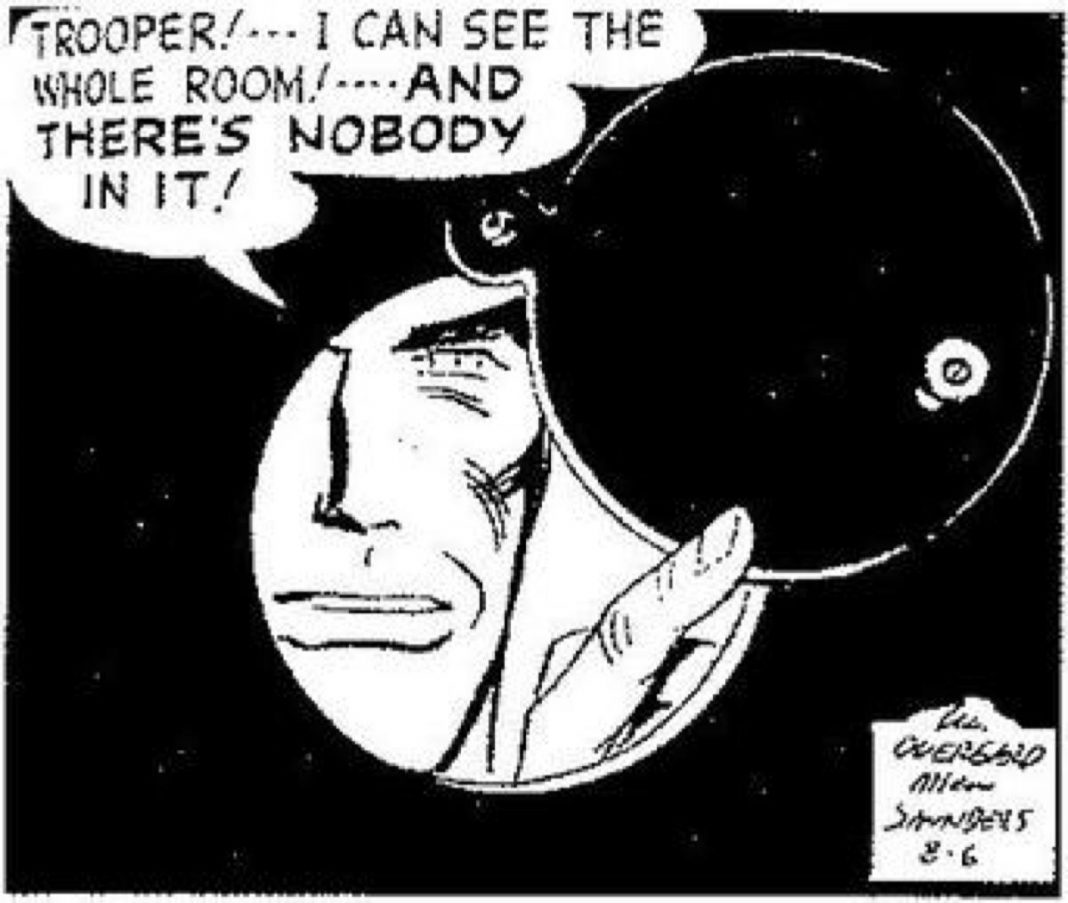
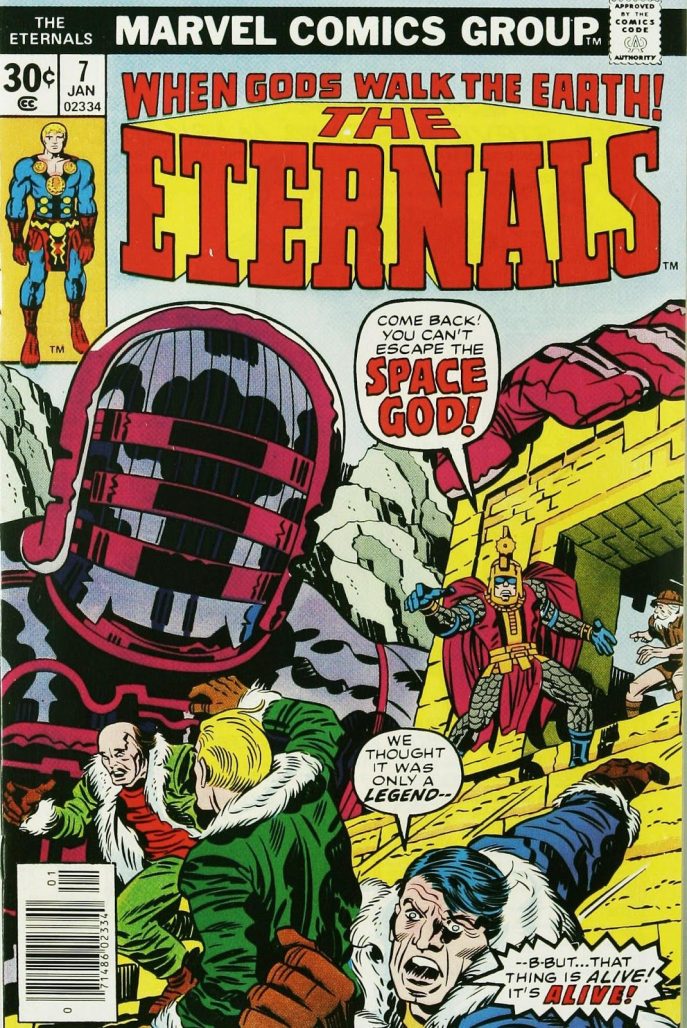
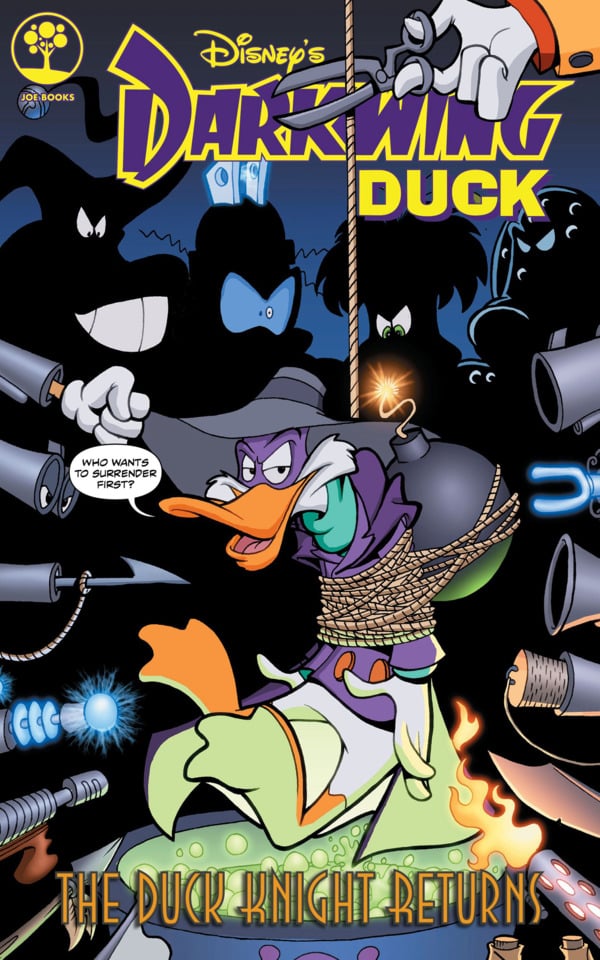
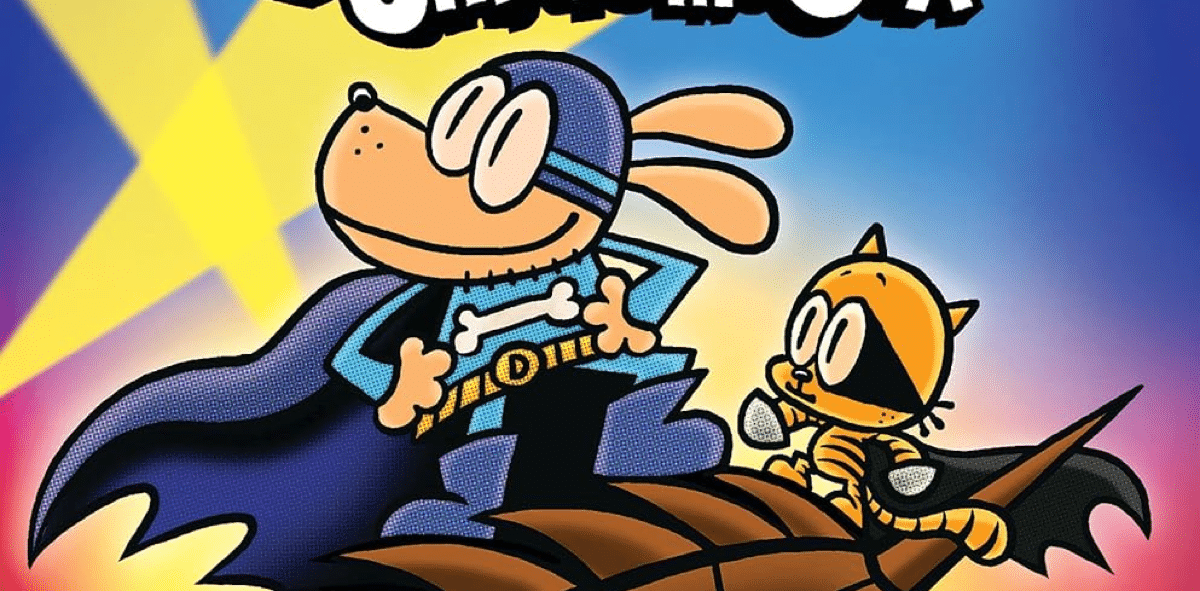
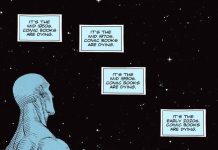

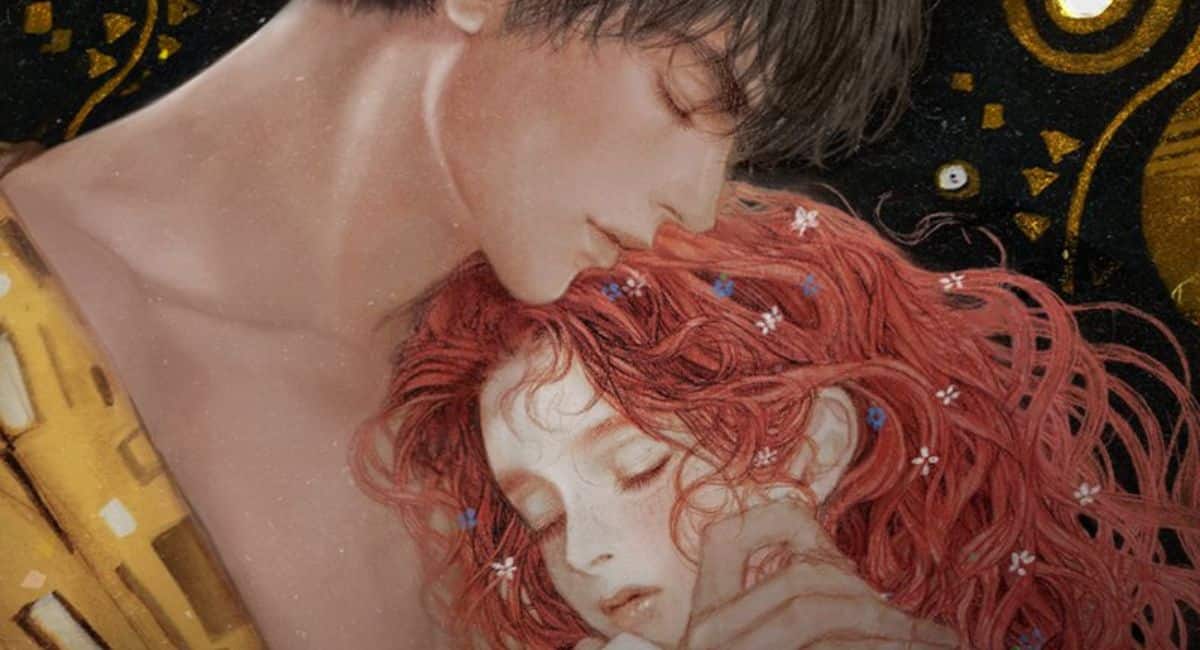


I feel like the old guard are getting defensive vs. looking at this as a new way to crack open the medium to new readers even if it changes how those readers find comics
The direct market has been around since the 70s and nothing lasts forever. Newsstand distribution lasted around 40 years prior and now it Is probably the DM time to end. I don’t think modern readers are looking for collectability which was the cornerstone of the model.
Rather I think the current generation of readers want material that connects to them and is reflective of who they are. The way forward isn’t going to be million copies sold but smaller runs that are for the niche it speaks to.
Thanks for the credit, Heidi. Happy to accept it on webtoons, which I started pushing inside DC back in 2015. I can’t take credit for Fortnite, though, sorry. I had nothing to do with making that happen.
You can blame me for The Sandman audio adaptations with Audible, the Kodansha manga partnership, and a bunch of other things, all of which involved support and collaboration from a number of people around the company.
Nothing at a company like DC is a solo accomplishment.
Comments are closed.